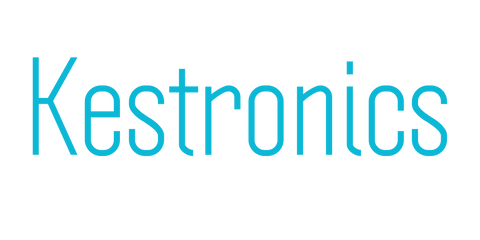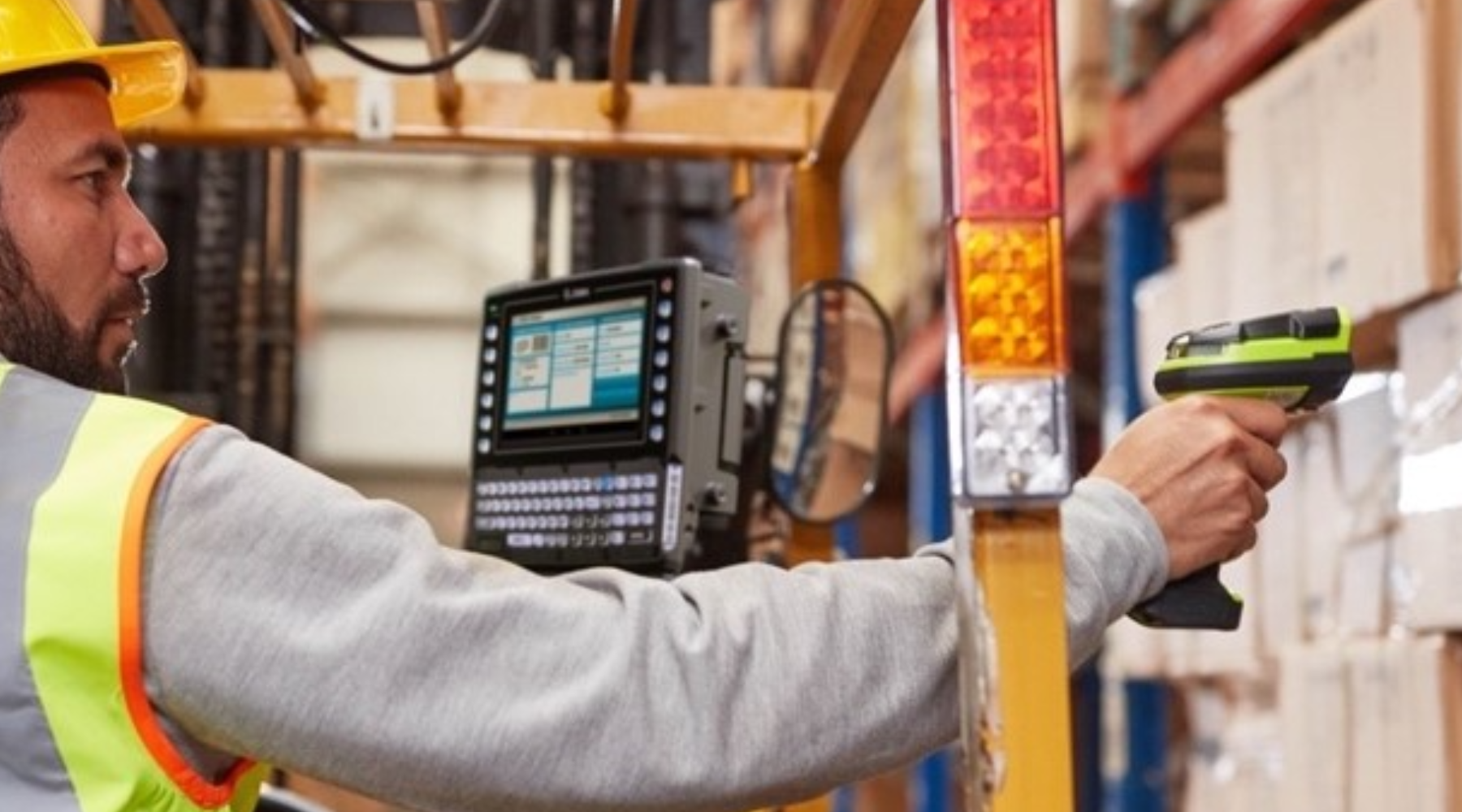
A Successful, Seamless Move from Windows Mobile™ to Android™ Devices in the Warehouse.
The UK arm of a leading manufacturer of paper-based packaging had increased growth in demand, including a surge in orders for its sustainably sourced and produced packaging as companies seek to mitigate their environmental impact. Its UK operations include several warehouses, and it has recently implemented a major project to upgrade the network speed and performance in these facilities.
After reviewing the technology used at these sites, its IT team decided to implement a wider technology transformation programme, focused around replacing the mobile devices used by its teams to register incoming raw materials, manage inventory, facilitate production and onward shipment of finished products.
Increasing Performance, and Visibility and Control
Users’ mobile devices ran on a legacy Windows® operating system (OS). The devices were running so slowly teams were becoming frustrated, and the productivity benefits of using automated data capture and warehouse applications were being lost.
The devices also lacked wider connectivity to a mobile device management platform. This made it difficult for the central IT team to track where devices were and what software version they were running. Consequently, devices were being misplaced and breaking down regularly.
A key goal, therefore, was to give the IT team real-time visibility over the location and status of each mobile computer. And, given the dispersed nature of the business, the team wanted to find a solution that would make it easy for local depots to set up the new devices themselves.
A Transformational Mobility Platform
Looking forward, and with Windows Mobile™ approaching end of life, the paper manufacturer decided to standardise its future devices on Zebra Technologies’ barcode scanning and Android™ mobile computing portfolio. Impressed with the Zebra MC9000 Series Mobile Computers, used elsewhere in its business, it decided to, again, deploy Zebra devices. It selected the built-for-warehousing Zebra MC33xx Series Handheld Mobile Computer with an optional extended-range scan engine to capture barcodes up to 30m away. And for its forklift trucks, the paper manufacturer opted for Zebra’s VC80x Vehicle-Mounted Mobile Computer, paired with Zebra’s DS3608-ER Ultra-Rugged Extended Range Scanner to allow drivers to scan barcodes without leaving their cabs.
The paper manufacturer commissioned Newbury Data, which specialises in enterprise solutions and migrating businesses from Windows to Android, to guide it through this process. The companies have a long-standing relationship, and Newbury Data also advised on device selection.
For many warehouse leaders, making the move to a new OS can feel uneasy as operations can rely on intricate systems that have been refined over the past few years. Indeed, worries about changing ecosystems can see investment decisions delayed. Mindful of reducing this risk for its customers, Zebra has developed a range of software tools within its Mobility DNA™ portfolio, to turn Android into a robust enterprise-grade OS platform.
A core feature of Mobility DNA is All-Touch Terminal Emulation (ATTE). This utility converts legacy green-screen apps into all-touch interfaces. To demonstrate its simplicity, Newbury Data and Zebra’s tech team met with the project lead. They were able to show how keyboard-directed actions could be seamlessly turned into a touch-screen interface. With the demo well received, Zebra and Newbury Data subsequently worked with Ivanti Wavelink to create custom keyboards and simpler workflows.
In a separate business area, the paper manufacturer required a new mobile solution to replace ageing mobile computers running on a legacy remote desktop client (RDA) application. As might be expected when using legacy apps on a modern device, some technical problems emerged. The old mobile computer screens had a VGA resolution, while the MC3300 mobile computer has an HD display. When the MC3300 mobile computer connected to the back office for Remote Desktop (RDP) sessions, the apps looked like postage stamps. To get around this issue, the Zebra Enterprise Remote Desktop Protocol (ERDP) client
was used. Zebra ERDP sits on the Zebra MC3300 mobile computer and connects to a Windows back-end to allow Windows apps to run on Android at the correct resolution.
The paper manufacturer is also using three other elements of Mobility DNA. The first is Enterprise Home Screen, which ensures only authorised apps are used on devices. The second is StageNow, enabling a simple scan of a barcode to automatically upload the required applications to each device. StageNow can also be used to factory reset, and then rebuild, devices with two scans. The third is LifeGuard™ for Android which extends the OS security support available with Android to match the hardware cycle planned for the devices.
Supporting its mobile computers is a Zebra OneCare™ maintenance plan along with Zebra’s VisibilityIQ™ Device Intelligence Services which provide real-time data on device location, performance, health and usage patterns (e.g., connectivity and charging) and more.
An Advanced Platform Which Boosts Performance
The mobile devices within Zebra’s Android portfolio are backed by an OS platform that’s been hardened and secured for the enterprise. This gave the paper manufacturer the confidence to move to Android. And with the Mobility DNA tools at hand, that transition was made without requesting changes to its back-end SAP environment. Such changes can be time-consuming and expensive.
Mobility DNA has delivered other key benefits too. Using StageNow, local depots can easily load apps to their devices to deploy them when they are ready, reducing the need for IT support to attend sites. Furthermore, calls to support have dropped markedly as depots can easily reset and restore their devices themselves.
The MC3300 mobile computers are rugged, enterprise-grade devices designed to survive the knocks and drops of working in busy warehouses. They also offer the processing power, battery life, data capture capabilities and ergonomic design to help teams constantly work in comfort and at optimum efficiency. The Wi-Fi connectivity is much improved, enabling applications to run faster. And with the extended range scanner, forklift drivers can capture barcodes without leaving cabs, while in some depots, where five pallets can be stacked on top of one another, codes can be easily captured from the ground.
With LifeGuard coverage, the paper manufacturer can keep its devices running for years with guaranteed patch and update support. And VisibilityIQ can show where devices are, how they are used and their health across all sites. This encourages depots to follow best practice in using, maintaining and optimising their devices to help drive the most value from the company’s investment. However, if support is needed, this can be proactively – and remotely – provided without the need to physically visit sites to reduce IT costs.

